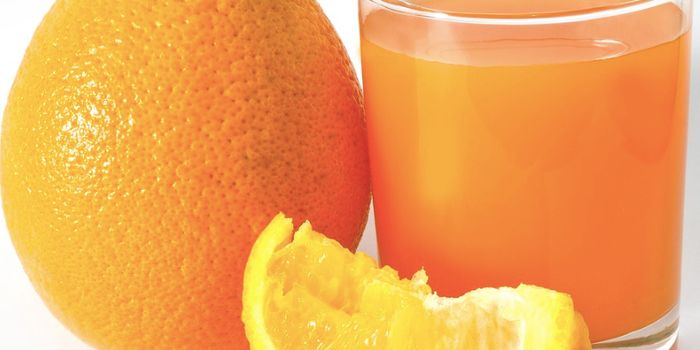Genetically Engineered Foods Could Alleviate Nutritional Deficiencies
There are over two billion people around the world that don't get the recommended levels of minerals and vitamins in their diets; they have micronutrient malnutrition. In poor countries, diets are often dominated by a limited number of ingredients and usually consist of starchy staples like rice or potatoes that are inexpensive but don't provide many micronutrients. Genetic engineering could help address this problem, researchers reported in Nature Communications, though there is distrust of the technology in many countries.
"Transgenic approaches allow us to achieve much higher micronutrient levels in crops than conventional methods alone, thus increasing the nutritional efficacy. We demonstrated this for folates in rice and potatoes," said the lead study author Professor Dominique Van Der Straeten from Ghent University. "We also managed to reduce post-harvest vitamin losses significantly," she added.
People that don't get adequate nutrients may suffer serious health consequences, even when only low levels of the substance are required. Examples include vitamin A or zinc; deficiencies of both are known to contribute to child mortality. Iron and folate deficiencies may contribute to the development of anemia or developmental disorders.
Many people may not be aware that they have these deficiencies, making it less likely that they will be addressed. One way to help solve this problem is to create staple crops that are fortified. Researchers have already been working to develop crops with higher nutrient levels, like wheat or rice that has more zinc. These crops are sometimes limited by conventional agricultural methods, however.
Genetic engineering can also help address this issue. Biofortified crops could also be created to be easier to grow or more tolerant to environmental challenges like drought. It may also be possible to add several micronutrients to the same crop.
"This is very important, as poor people often suffer from multiple micronutrient deficiencies," said the co-lead study author and 2016 World Food Prize Laureate Dr. Howarth Bouis of the International Food Policy Research Institute.
"Farmers should not have to make difficult choices between crops that either improve nutrition or allow productive and stable harvests. They need both aspects combined, which will also support widespread adoption," said study co-author Professor Matin Qaim of the University of Göttingen.
One hurdle for this technology will be getting people to accept it. Some are skeptical of its safety, though genetically modified crops have been tested extensively and shown to be harmless. The tactics of corporations that control some of these techniques have turned some people off of using it or made it too expensive in some cases. But using this technology to help improve the health of many lives could help prove its merits.
Sources: AAAS/Eurekalert! via University of Göttingen, Nature Communications









